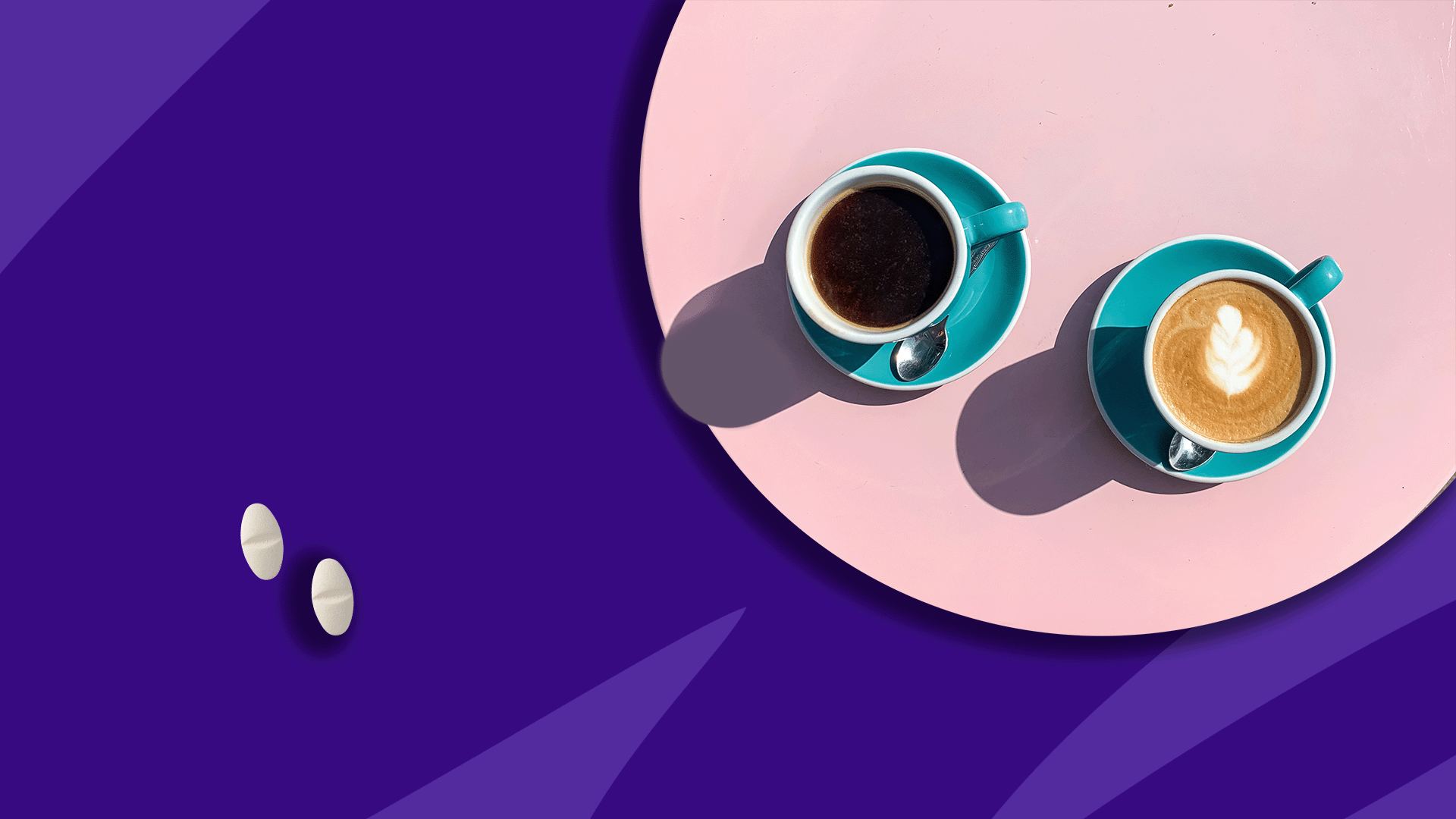Key takeaways
Nearly half of Americans have high blood pressure or are taking medication for it, with losartan being a common prescription to lower blood pressure.
Losartan, an antihypertensive medication, may have reduced effectiveness when taken with caffeine, as caffeine can increase blood pressure.
While it’s technically possible to drink coffee while on losartan, it’s essential to consult with a healthcare provider due to the potential for reduced medication efficacy.
Limiting caffeine intake, including from sources other than coffee, can benefit blood pressure management and overall health, with decaf coffee being a potential alternative for coffee lovers.
Almost half of Americans (47%) have high blood pressure or are taking medication to treat it, according to the Centers for Disease Control and Prevention (CDC). High blood pressure, also known as hypertension, is a serious matter. Left untreated, the heart has to work harder, which can lead to damaged arteries, blindness, or even a stroke. Thankfully, a variety of prescriptions are available to lower blood pressure, such as losartan.
Although it is an effective blood pressure medication, losartan may interact with certain drugs and substances. Certain drugs may increase the side effects of losartan or reduce how well losartan works.
In this post, we’ll discuss the potential interaction between losartan and caffeine. If you’re on or plan to take losartan and love a cup of coffee, there are some things you should know before drinking your next morning brew.
What is losartan?
“Losartan is an antihypertensive medication in the angiotensin II receptor blocker class,” explained Alex Mach, DO, a provider at Just Kids Pediatrics in Oklahoma City. “It is typically prescribed to patients who have high blood pressure.”
Angiotensin II is formed from the processing of the inactive angiotensin I hormone by angiotensin-converting enzyme (ACE). Angiotensin II is an active hormone that binds to angiotensin II receptors, which causes blood vessels to constrict and, in turn, raises a person’s blood pressure. Losartan works by blocking angiotensin II from binding to its receptors therefore allowing the blood vessels to relax and lowering blood pressure.
Losartan, or losartan potassium, is a generic form of the tablet, but it is also sold under the brand name Cozaar. While this drug is primarily used to lower blood pressure, it is sometimes prescribed to decrease the risk of stroke for those with high blood pressure and an enlarged heart. It may also be prescribed to slow kidney disease caused by Type 2 diabetes.
Before taking losartan, make sure your physician or pharmacist is aware of all your current medications. Taking losartan with certain medications may lead to drug interactions. For example, taking losartan with certain substances with stimulant effects, such as caffeine, may lead to reduced blood-pressure lowering effects of losartan.
Caffeine and high blood pressure
The problem with drinking coffee while having high blood pressure is its high caffeine content. Caffeine is a psychoactive substance, like nicotine and alcohol, stimulating the central nervous system and affecting how the brain works. But unlike nicotine and alcohol, caffeine use is more widely accepted, with around 80% of adults in the U.S. consuming caffeine each day, according to the U.S. Food and Drug Administration.
So what’s the problem with combining caffeine and losartan? “Caffeine tends to increase blood pressure as it stimulates the body,” says Nancy Mitchell, RN, a nurse and contributing writer at Assisted Living. “The extent depends on how much caffeine you consume in the beverage.”
Can you drink coffee while taking losartan?
While you could technically drink coffee while on losartan, the medication may not be as effective at lowering your blood pressure. “In some cases, it may be okay to drink coffee while on losartan,” Dr. Mach says. “However, this should be discussed with your primary care physician.” But keep in mind: Coffee is not the only food or beverage with caffeine.
Green tea, energy drinks, certain sodas, dark chocolate, and some dietary supplements, like guarana, all contain caffeine, which can raise your blood pressure. Cutting out or limiting these items from your diet could help you decrease your blood pressure, but that’s not the only benefit.
Excessive caffeine consumption won’t just raise your blood pressure, it can also lead to headaches, insomnia, and digestive problems. Decreasing your caffeine intake could have benefits on multiple aspects of your health, especially if you experience caffeine-related health issues.
If you’re a coffee lover and still crave the taste or morning ritual, you may consider decaf coffee as an alternative. “Decaffeinated beverages aren’t caffeine-free,” Mitchell explains. “In reality, they’ve undergone a process to remove nearly all the caffeine—about 97%. This means that there might be a slight influence of decaf drinks on your blood pressure. However, in many cases, the effect is negligible.”
For those that require coffee to wake up in the morning and need a new routine, try drinking a cold glass of water, exercising in the morning, or eating a protein-rich breakfast to fuel your day. Your blood pressure will thank you.




